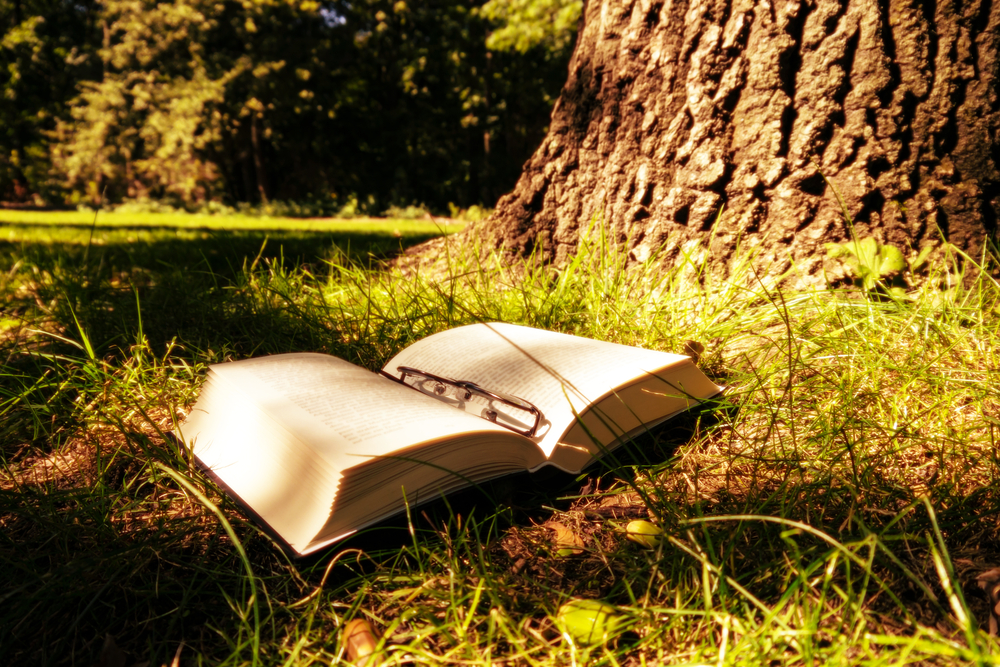There’s got to be something about traditional tales for they have stood the test of time, hence the term ‘traditional’ but traditional tales are not just about being old, they have elements of traditions in them and in many cases they are used to impart learning or to consolidate or teach behaviours. In this series of activities, the pupils will learn about the origins of storytelling, discover their characteristics and write their own incorporating what they have learned.
Activity One: Oral Tradition
Suitable for: Year 1 to Year 6
Learning Focus:
Be able to understand how story telling began and recognise its purpose
To recognise that stories develop in retelling, often being exaggerated or enhanced to improve them
Ask the children what a story is and if they know why we tell stories. Hopefully, they’ll tell you that a story is an account of an event or series of events in which there are characters, settings and a plot.
Ask some of them to tell you what they did at the weekend, or where they are going on holiday. After they have finished, ask the others if they think it’s a story – the chances are that they’ll say it’s not a story because it’s true – some might even say that telling lies is often called ‘telling stories’. You’ll have to explain to them that whilst stories are mainly fictional, they can be true as well.
With the class, decide what parts of a story did their accounts have; characters, settings, plot and a conclusion. If they had all these then they will have been stories.
Activity Two: Why Tell Stories?
Suitable for: Year 1 to Year 6
Learning Focus: To be able to say why we tell stories or read them
Ask them now to work in pairs or small groups and to think about why we tell stories. How did hearing about our friends’ holiday or weekend improve or help our lives. You should look for the following…
Helps us learn about other people and situations
- Helps us make friends through knowing what a person does or likes
- Entertains us
- Gives us ideas of our own
Ask them how stories are passed on today; internet, email, books, e-books and more. How would stories have been passed on when none of these existed, perhaps 5,000 years ago?
Now ask them to think of stories they might know which do each of the things they’ve said – a lot of the answers will be traditional tales which have been designed to do these things for a long time.
Activity Three: Characteristics of Traditional Tales?
Suitable for: Year 2 to Year 6
Learning Focus:
Be able to explain what features there are in a traditional tale
Be able to recognise language choices used for a particular audience
Ask the class to say what they think the words ‘tradition’ and ‘traditional’ mean? They are likely to say it means something that has been done in the same way for a long time. Check the definition in a dictionary with them to clarify it.
Tell the class that there are stories called ‘traditional tales’ and ask them what they think this means. Now ask them if they can think of any stories they know that meet the criteria of traditional tales. Using well-known examples can they use the criteria from Activity Two to decide what each of the ‘traditional tales’ gives to us in terms of learning and yet still manages to entertain us.
Read parts of the stories to them or ask them to read extracts individually, in pairs or in groups to see if they can identify common themes in the language used in each.
They will probably notice:
- Common settings in time and place
- The inclusion of heroes and villains
- Common themes of good triumphing over evil
- Happy endings
and maybe a few more.
Activity Four: Writing Our Own?
Suitable for: Year 2 to Year 6
Learning Focus:
Be able to plan and write a traditional tale using key features and language choice
Be able to assess a story to ensure it meets pre-set criteria
Young children love reading traditional tales or having them read to them. In this activity, you are going to ask the pupils to write a traditional tale following the guidelines they formed from the previous two activities. Write their criteria on the board and ensure they stick to the standard format.
At the end of the writing session, ask them to read each other’s’ stories to ensure they meet the criteria for a traditional tale.
Activity Five: Traditional Christmas Stories?
Suitable for: Year 1 to Year 6
Learning Focus:
To be able to name some traditional Christmas stories and say what makes them traditional
Collect different stories for a traditional Christmas anthology saying why they should be included
As it’s this time of year, we couldn’t leave Christmas stories from the traditional selection. Almost every country and culture that celebrates Christmas has traditional Christmas stories and in this activity the class are going to find Christmas stories and identify whether they could be called ‘traditional’. The ultimate traditional Christmas story is THE Christmas story but can they find stories from our culture and those of other countries to put together in a Traditional Christmas Story Anthology?
Start them off by reading them the story of Papa Panov from Russia, St Lucia from Sweden and perhaps A Christmas Carol from the UK. From this they should get an idea of the kinds of stories you want to collect for the anthology and perhaps they can put together an e-Book using the stories they collect, illustrating them and saving them as a .pdf file which can be read on many e-readers.
Once the pupils present their stories for inclusion, ask them why they think their story should be included and see if the rest of the class agrees!



